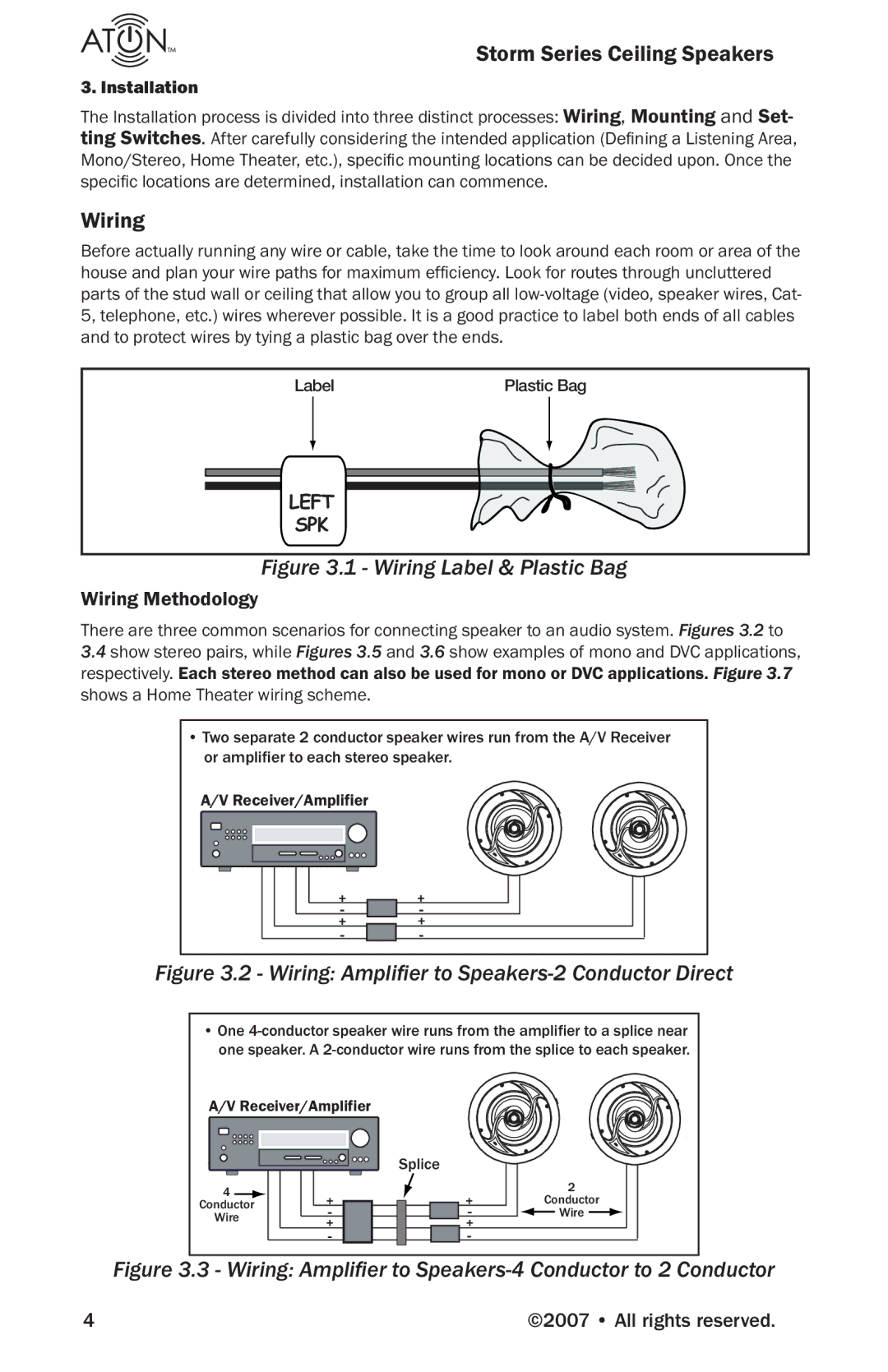A81C, A62C, A60C, A62ST, A82C specifications
The ATON A61C, A63C, A82C, A62ST, and A60C are part of a distinguished lineup of advanced communication devices designed to cater to diverse professional needs. This article sheds light on the main features, technologies, and characteristics that set these models apart in the realm of communication technology.The ATON A61C features a robust design tailored for heavy-duty usage. It boasts state-of-the-art audio clarity with noise-cancellation technology, ensuring clear voice transmission in noisy environments. Its wireless capabilities include Bluetooth connectivity, allowing users to connect effortlessly to a variety of devices. The A61C’s long battery life and quick charging feature make it a reliable option for extended shifts.
Meanwhile, the A63C builds upon the strengths of the A61C, integrating enhanced connectivity options. It supports dual-band Wi-Fi, facilitating fast and stable internet connections, which is crucial for real-time communication applications. The addition of an intuitive touchscreen interface allows users to navigate through features seamlessly and customize settings according to their preferences.
The ATON A82C is a powerhouse known for its ruggedness and resilience. Its military-grade construction ensures durability in extreme conditions, making it ideal for field operations. Equipped with a high-capacity battery, the A82C can withstand prolonged use, and its advanced GPS features aid in location tracking, proving beneficial for logistics and emergency response teams.
For those looking for versatility, the A62ST offers multi-language support, catering to international teams working across different regions. Its ergonomic design ensures comfort during long usage periods. With a high-definition camera, the A62ST allows for video conferencing and remote collaboration, bridging gaps across time zones and locations.
Lastly, the A60C focuses on affordability without compromising quality. Ideal for small businesses, it incorporates essential communication features, including VoIP capabilities and basic security protocols. The A60C is designed for easy configuration and maintenance, making it user-friendly for non-technical personnel.
In summary, the ATON A61C, A63C, A82C, A62ST, and A60C embody cutting-edge technology in communication devices, each tailored to meet specific user needs. Their distinct features, impressive durability, and integration of modern technologies make them suitable for a range of professional environments, from corporate offices to field operations. Each model contributes to enhancing communication efficiency and effectiveness, ensuring users stay connected and productive.

